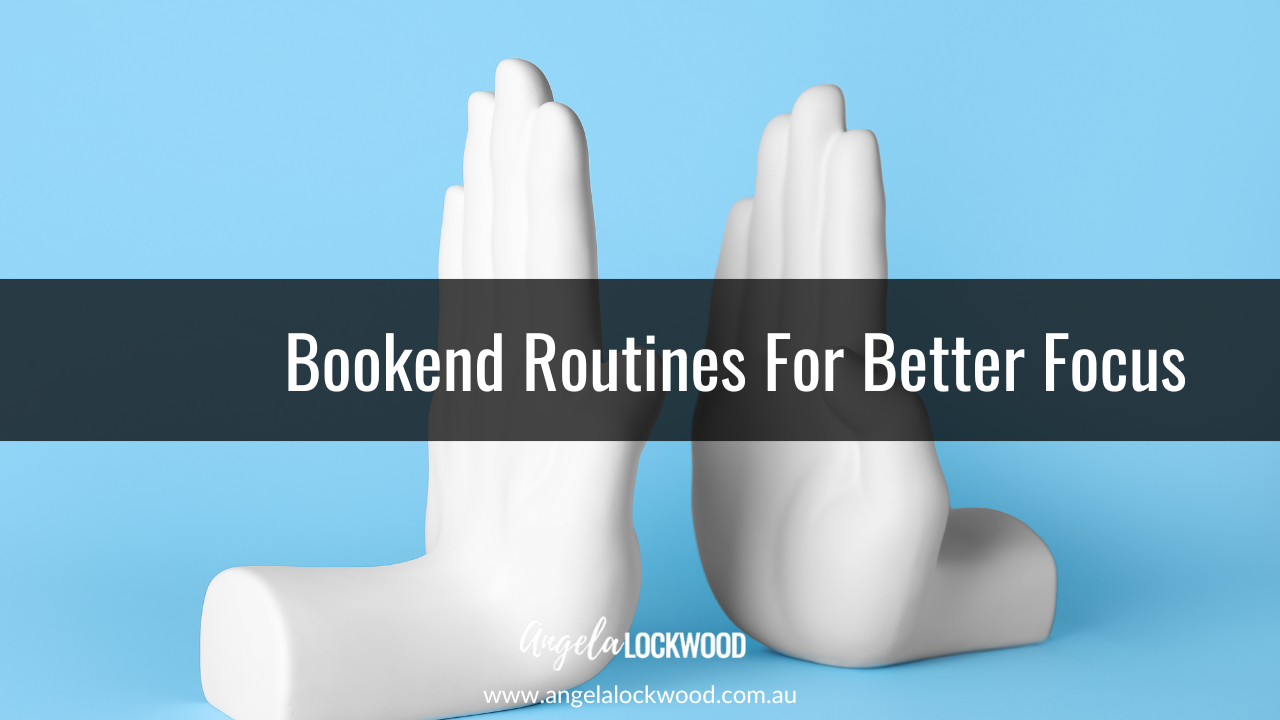Support your child transition into the new school year, without the tears
Feb 04, 2022
Schools are returning back and there is excitement or worry in the air, and that is just the adults! I have just had my youngest child start year 7 and there were a lot of leads up to day 1. The uniform, books (let's not mention the covering of them), the positive reinforcement that her friends will still be there and she will be able to make new friends as well, how to find her way around the new school, what to do if she becomes lost and the new responsibilities that come with being in high school. Transitioning into a new school year can be daunting, no matter the year. Whether it is starting kindergarten, moving from primary to middle school, or into senior schooling, each new phase welcomes new challenges and new opportunities.
For many children, transitioning into a new school year can be so overwhelming that it prevents them and blocks them from getting to school in the first place. For parents who have children who experience separation anxiety, you will know how heartbreaking it is for you and your child. It is easy to notice a child in their first year of school who is struggling as they usually do one of 2 things, they cry, even scream and they cling so hard to their parent they will not let go. The other way is the child who withdraws sits by themselves, doesn't engage with anyone, and sits alone in discomfort and even fear. It is harder to recognise the struggle of the child that withdraws.
There are simple ways that as a parent you can help to minimise the fear of the unknown that comes with starting school or transitioning to a new year or even a new school.
Involve your child no matter their age in preparing for the start of school. This includes;
- Go shopping. Allow your child to choose one or two stationary items that they have been asking for or looking at for a long time. Having a funky set of pencils or a cool-shaped sharpener can do wonders for the classroom cred. I have seen friendships form over conversations about the pencil case or two kids having the same eraser. Now a disclaimer here, these stationary items do not need to be expensive or outlandish. Just an item that your child loves will help them feel proud of their belongings. For my year 9 son this year, his fun stationary item was a $1 pencil case!
- Practice school lunch preparation. This is as equally important for you as it is for your child. School lunch preparation is a source of nightmares for most parents. That's why there has been a spike in YouTube channels and social media accounts (BACK TO SCHOOL! Brilliant School Crafts & DIYs; LUNCHBOX IDEAS FOR BACK TO SCHOOL!; @schoollunchbox) that aim to help parents simplify school lunches. No matter the child's age they need to be helping you in some way with preparing their lunches. Whether it is filling their water bottle, getting their snacks or for older kids making and packing everything, taking this responsibility increased their independence and provides them with a sense of control and autonomy which does wonders for a child's self-esteem. On a side note, ensure your child's lunchboxes, containers and food packets are easy to open. I have seen children struggle with a roll-up packet for half of their lunch break and way too many times food leaking into bags. It is the little worries removed that can help a child have a positive school experience.
- Use a visual checklist. If your child has difficulties remembering everything they will need to do in the mornings a visual checklist will be your saviour. As a parent, you can tell your child one thousand times what needs to be completed before they walk out the door in the morning but it is guaranteed they will leave something behind, forget their lunch or sit and wait for you to do it. Having a visual schedule takes the verbal pressure off you and provides them with a visual reminder of what needs to happen and if you like in which order. Download an example of a morning routine visual schedule here.

- Use positive language. Have conversations with your child about what opportunities being in a new year or a new school will hold for them. It might be they get to go on an excursion or they can now use the big kids' toilets (this is a big deal) or how they will have their favourite teacher. Even if you know things might get tricky this year for them, like a school camp or public speeches, if you are positive and use positive language in conversations with your child, they will look at the opportunities rather than the downsides.
- Take the time to listen. The beginning of a school year can feel overwhelming, there is so much news to share. This time is valuable for you and them. Take the time to stop and listen (no phone in hand) while they share their news from the day or their worries about starting or how things are going for them. As a parent, you can gain so much insight into how your child is settling in and how you can best support them with a smooth start to the year.
Enjoy the fun-filled year ahead.
Angela 😀






